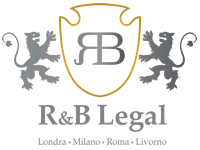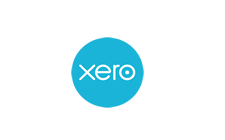Base rate increases again
The Bank of England raised the base rate of interest to its highest level since 2009. What is the full story and what does this mean for payments due to HMRC?

At 1 December 2021, the BoE base rate was 0.1%. It has already been increased three times since. The BoA has now announced that the rate is increased to 1%, which is a 13-year high. Of course, a number of other rates that affect individuals are pegged to the base rate – including HMRC’s penalty interest rate that applies to tax paid late. The late payment tax rate is set at the BoE base rate plus 2.5%. Unfortunately, this interest applies to all late payments, even where a time to pay arrangement has been agreed. Anyone on such a plan may wish to accelerate payments, as the instalments will be more expensive once HMRC increases the rate to 3.5%. This is also unlikely to be the last rate hike, with the next review due on 16 June.
The rate of repayment interest, i.e. where HMRC owe the taxpayer money, remains at 0.5%. This is set at the base rate minus 1%, with a lower limit of 0.5%. This will not increase until the base rate increases above 1.5%.
Related Topics
-
Scammers already targeting pensioners over winter fuel payments
Phishing attacks are already being sent to pensioners purporting to be from the Department for Work and Pensions (DWP). What’s going on and how can you avoid becoming a victim?
-
Changes to NDAs from 1 October 2025
From 1 October 2025 non-disclosure agreements (NDAs) will become unenforceable if they prevent victims of crime from making certain disclosures. What does the new law say?
-
When will you have to register your new business for MTD?
The timetable for mandatory use of Making Tax Digital for Income Tax Self-Assessment (MTD ITSA) by existing businesses is well established. But when must you use MTD ITSA if you start a new business or create a new income stream?






 This website uses both its own and third-party cookies to analyze our services and navigation on our website in order to improve its contents (analytical purposes: measure visits and sources of web traffic). The legal basis is the consent of the user, except in the case of basic cookies, which are essential to navigate this website.
This website uses both its own and third-party cookies to analyze our services and navigation on our website in order to improve its contents (analytical purposes: measure visits and sources of web traffic). The legal basis is the consent of the user, except in the case of basic cookies, which are essential to navigate this website.